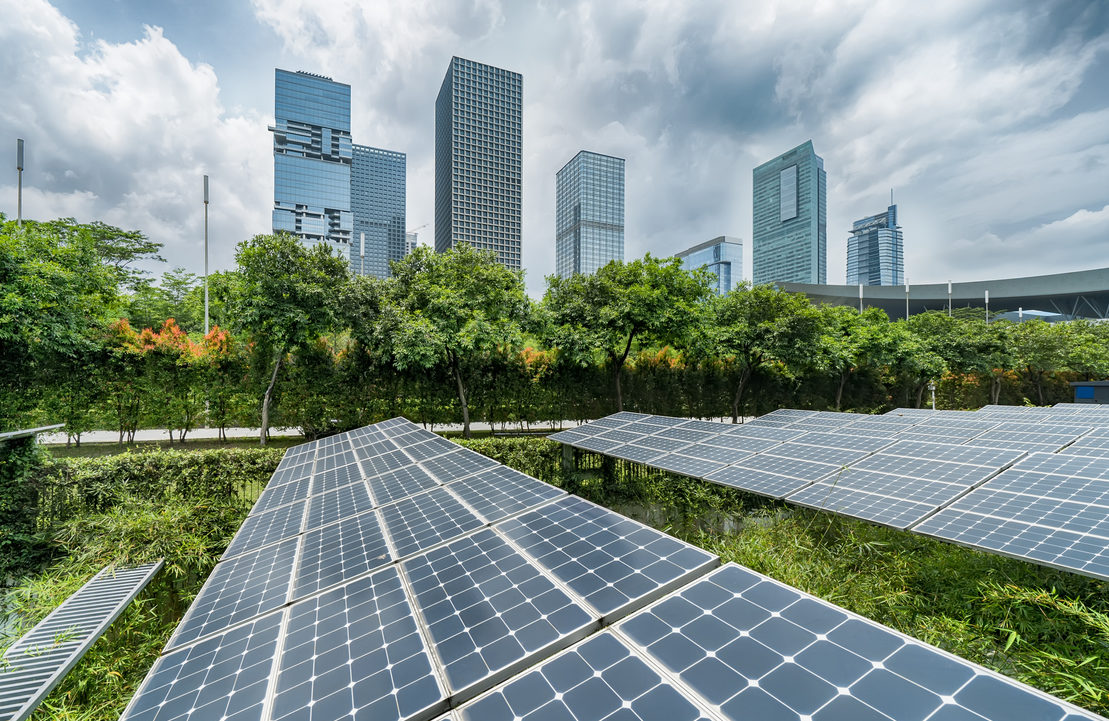The National Climate Action Plan and Programme for Government 2020 outline the Irish Government’s ambition to carry out 500,000 home retrofits to a B2 Building Energy Rating (BER) and install 600,000 heat pumps, calling for a “Renovation Wave” across Europe.
While increasing renovation rates is a challenge, renovation lowers energy bills, and can reduce energy poverty. It can also boost the construction sector and is an opportunity to support SMEs and local jobs.
Ireland taking early and decisive action is an effective way to influence other countries to also reduce climate changing emissions.
“The cheapest and cleanest energy is the energy that we do not use”.
Professor Brian Norton, Head of Energy Research at Tyndall National Institute, explained “While much retrofitting has taken place in Ireland in recent years, there remains a significant amount of work to be done to improve the overall efficiency of Irish homes. This report makes a strong recommendation to integrate the policies and programmes of other government bodies and departments to leverage the full potential of home retrofitting.”
An investment in retrofitting is an investment in the environmental, societal, and economic infrastructures of Ireland.
The report highlights the holistic perspective of Irish home retrofitting under its flagship research programme – ‘Energy Policy Insights for Climate Action’ – an initiative funded by the Department of Environment, Climate and Communication Research and Development Programme.
Press Release in Irish Examiner: https://www.irishexaminer.com/news/arid-40275683.html
Get the full report here.
This report presents the potential benefits to undertaking a national retrofit renovation wave as well as recommendations for retrofitting ambitions.
IERC Policy & Regulatory Innovation Lead Dr Piyush Verma said “Housing is a fundamental requirement for life and good quality housing is critical to human health and wellbeing. Policymakers need to understand the non-traditional benefits as well as stakeholders involved in home retrofitting. This report brings together a detailed stakeholder mapping and connects some of the previously unconnected dots of the retrofitting market to help develop new strategies for achieving our short-term as well as long-term retrofitting ambitions.”
Policymakers need to understand the non-traditional benefits as well as stakeholders involved in home retrofitting. This report brings together a detailed stakeholder mapping and connects some of the previously unconnected dots of the retrofitting market to help develop new strategies for achieving our short-term as well as long-term retrofitting ambitions.”


